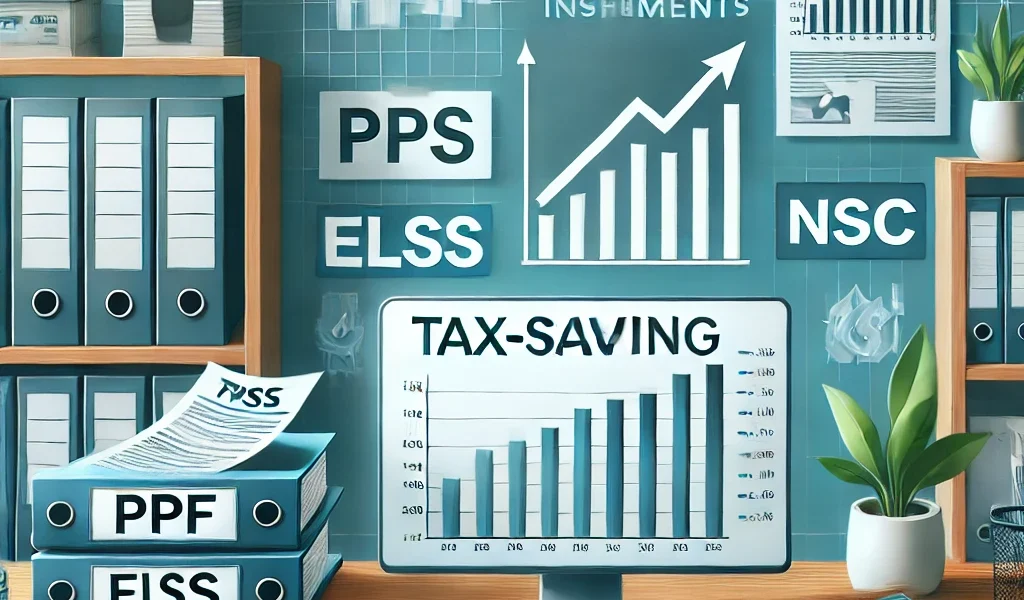Tax planning is the process of organizing your financial affairs to minimize your tax liabilities within the legal framework. It involves analyzing your income, expenses, investments, and other financial components to identify opportunities to reduce taxes and increase savings. By strategically planning your taxes, you can not only comply with tax laws but also optimize your overall financial health.
Why Is Tax Planning Important?
Effective tax planning is crucial for both individuals and businesses. Here are some key reasons why it matters:
1. Minimizing Tax Liability
Tax planning helps reduce the amount of taxes you owe. By utilizing available tax deductions, exemptions, and credits, you can lower your taxable income and save money.
2. Maximizing Savings
When you pay less in taxes, you have more money to allocate toward your financial goals, such as retirement planning, buying a home, or funding your child’s education.
3. Ensuring Compliance
Tax laws and regulations can be complex and change frequently. Proper tax planning ensures that you comply with these laws, avoiding penalties, fines, or legal issues.
4. Improving Cash Flow Management
By forecasting your tax obligations and planning accordingly, you can manage your cash flow more effectively. This allows you to allocate resources efficiently and avoid financial strain.
5. Facilitating Long-Term Financial Goals
Strategic tax planning aligns your financial decisions with your long-term objectives. It ensures that your wealth grows sustainably and tax-efficiently over time.
Types of Tax Planning
To fully understand tax planning, it’s essential to know its various types:
1. Short-Term Tax Planning
This involves strategies implemented at the end of the fiscal year to reduce tax liability for that year. Examples include last-minute investments in tax-saving instruments.
2. Long-Term Tax Planning
Long-term tax planning is done at the beginning of a financial year and is aimed at achieving significant tax savings over time. For instance, investing in retirement plans like PPF or ELSS.
3. Permissive Tax Planning
This type of planning involves taking advantage of tax exemptions, deductions, and incentives offered by tax laws. For example, claiming deductions under Section 80C of the Income Tax Act.
4. Purposive Tax Planning
It involves careful selection of investment options to maximize benefits, such as investing in tax-efficient mutual funds or bonds.
Tax Planning Strategies for Individuals and Businesses
For Individuals:
- Invest in Tax-Saving Instruments: Utilize schemes like ELSS, PPF, NSC, and tax-saving fixed deposits.
- Claim Deductions: Under sections like 80C, 80D (medical insurance), and 80E (education loan interest).
- Optimize Salary Structure: Include allowances like HRA and LTA to reduce taxable income.
For Businesses:
- Expense Management: Deduct legitimate business expenses like salaries, rent, and utilities.
- Capital Gains Planning: Invest in tax-exempt instruments to defer or reduce capital gains tax.
- Choose the Right Business Structure: Select between sole proprietorship, partnership, or corporation based on tax efficiency.
Common Mistakes to Avoid in Tax Planning
- Procrastination: Delaying tax planning until the last minute can lead to missed opportunities and higher taxes.
- Ignoring Tax Law Changes: Failing to stay updated on changes in tax regulations can result in non-compliance or suboptimal planning.
- Overlooking Deductions and Credits: Many people miss out on potential savings by not claiming eligible deductions or credits.
- Lack of Professional Advice: Tax laws can be complicated. Seeking professional guidance can help you make informed decisions.
Conclusion
Tax planning is an integral part of financial management that provides multiple benefits, from reducing your tax burden to achieving long-term financial security. By understanding its importance and implementing effective strategies, you can optimize your financial outcomes while remaining compliant with tax laws.




